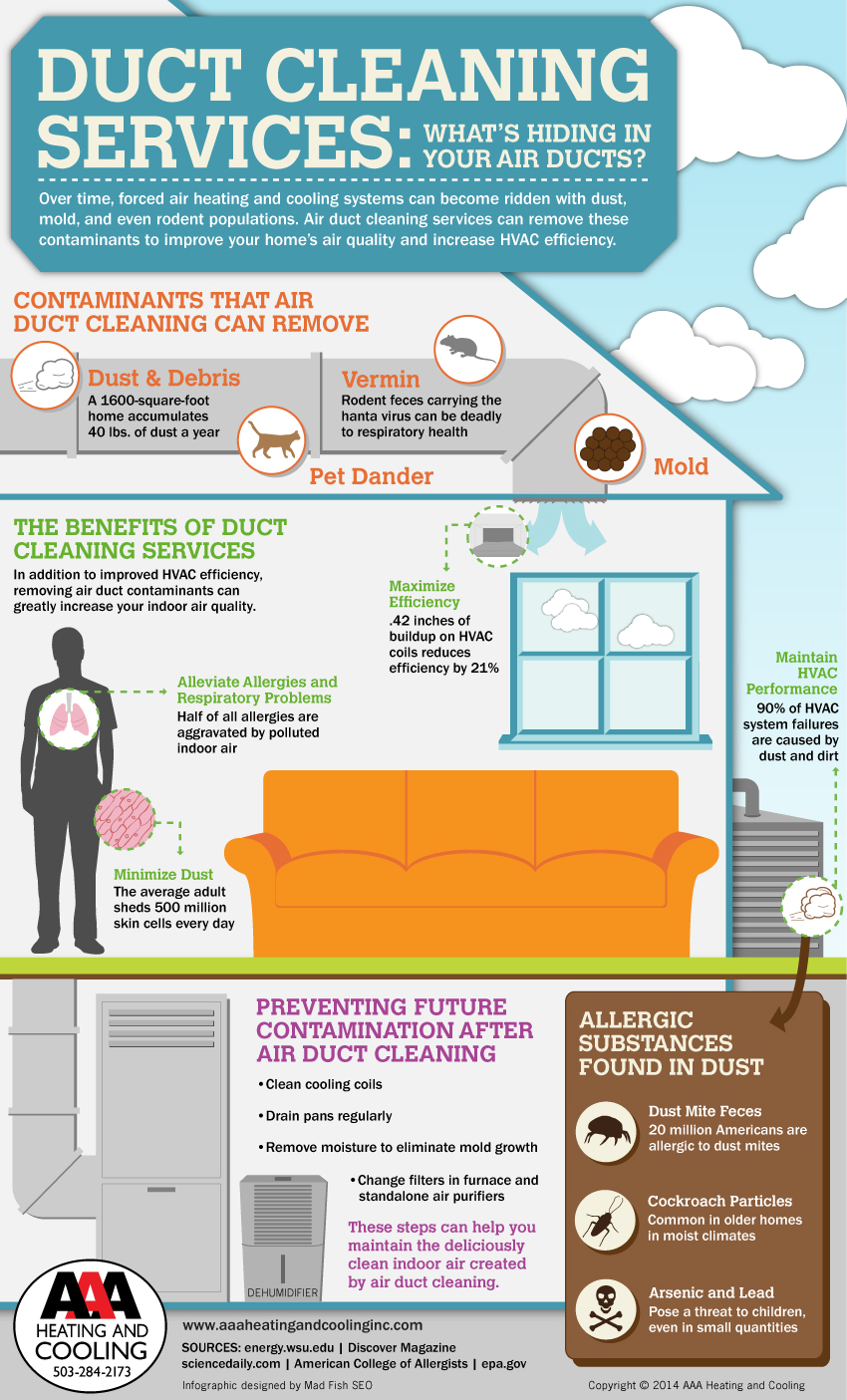The Future Of Home Home Heating - How Heat Pump Modern Technology Is Progressing
The Future Of Home Home Heating - How Heat Pump Modern Technology Is Progressing
Blog Article
Web Content By-Skaaning McCormick
Heatpump will be an important technology for decarbonising home heating. In a situation constant with federal governments' announced energy and climate commitments, their international capability doubles by 2030, while their share in heating rises to one-quarter.
They work best in well-insulated homes and depend on electricity, which can be supplied from a sustainable power grid. Technical advancements are making them more efficient, smarter and less expensive.
Gas Cells
Heatpump use a compressor, cooling agent, coils and fans to move the air and warm in homes and devices. They can be powered by solar energy or electricity from the grid. They have actually been acquiring appeal as a result of their low cost, peaceful operation and the capacity to generate electrical power during peak power need.
Some business, like IdaTech and BG MicroGen, are working on gas cells for home heating. https://www.bobvila.com/slideshow/15-things-your-home-repair-emergency-fund-should-be-able-to-cover-578602 can replace a gas central heating boiler and generate several of a home's electric needs with a connection to the electrical energy grid for the rest.
Yet there are factors to be skeptical of using hydrogen for home heating, Rosenow states. It would be costly and ineffective compared to other modern technologies, and it would certainly contribute to carbon emissions.
Smart and Connected Technologies
Smart home innovation enables home owners to link and control their gadgets from another location with making use of smart device apps. For instance, smart thermostats can learn your home heating choices and instantly adapt to optimize power consumption. Smart illumination systems can be regulated with voice commands and immediately turn off lights when you leave the space, lowering power waste. And smart plugs can check and handle your electric use, permitting you to recognize and limit energy-hungry home appliances.
The tech-savvy family portrayed in Carina's interview is a good image of just how owners reconfigure room heating practices in the light of brand-new wise home innovations. They rely on the devices' automated features to carry out everyday modifications and regard them as a hassle-free methods of performing their home heating techniques. Because of this, they see no factor to adapt their techniques further in order to allow versatility in their home power demand, and treatments targeting at doing so may face resistance from these families.
Power
Since warming homes represent 13% people discharges, a button to cleaner alternatives can make a large difference. However the modern technology deals with difficulties: It's expensive and requires considerable home renovations. And it's not always suitable with renewable resource resources, such as solar and wind.
Until just recently, electric heat pumps were too costly to compete with gas versions in a lot of markets. Yet brand-new advancements in design and materials are making them extra inexpensive. And https://www.facilitiesnet.com/hvac/tip/College-Course-Targets-HVAC-Systems-and-COVID-19--47764 is enabling them to work well also in subzero temperatures.
The next action in decarbonising heating may be the use of warm networks, which attract heat from a central source, such as a nearby river or sea inlet, and disperse it to a network of homes or buildings. That would certainly decrease carbon emissions and enable families to take advantage of renewable resource, such as environment-friendly power from a grid provided by renewables. This option would certainly be less costly than switching to hydrogen, a nonrenewable fuel source that requires brand-new facilities and would just minimize carbon dioxide emissions by 5 percent if paired with enhanced home insulation.
Renewable Energy
As electricity prices drop, we're beginning to see the same trend in home heating that has actually driven electrical autos right into the mainstream-- but at an also faster rate. The strong climate case for electrifying homes has been pressed additionally by new research.
Renewables account for a significant share of modern warm usage, but have been provided limited policy attention worldwide contrasted to other end-use fields-- and also much less focus than electrical power has. In part, this shows a mix of customer inertia, divided motivations and, in numerous countries, subsidies for fossil fuels.
New technologies might make the shift easier. As an example, heatpump can be made more energy reliable by replacing old R-22 refrigerants with brand-new ones that don't have the high GWPs of their predecessors. Some experts likewise imagine area systems that draw heat from a close-by river or sea inlet, like a Norwegian arm. The cozy water can then be used for cooling and heating in an area.